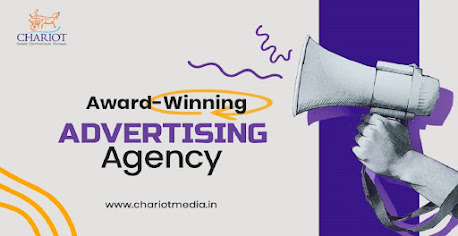Which Of The Following Situations Would Make A Borrower Ineligible For A Loan Modification?
In today's economic landscape, loan modifications have become a common avenue for borrowers seeking relief from financial burdens. However, not all borrowers are eligible for loan modifications, and understanding the criteria for eligibility is crucial. Here, we delve into the situations that could render a borrower ineligible for a loan modification.
1. Insufficient Income Borrowers must demonstrate the ability to make modified loan payments. If their income is deemed insufficient to meet the revised terms, lenders may reject their application for a loan modification.
2. Lack of Hardship Loan modifications are typically reserved for borrowers experiencing financial hardship, such as job loss, medical emergencies, or divorce. Those unable to provide evidence of such hardship may not qualify for modification.
3. Ineligible Loan Types Certain loan types may not be eligible for modification. For example, loans that are not owned or guaranteed by government-sponsored enterprises like Fannie Mae or Freddie Mac may face limitations on modification options.
4. Inadequate Documentation Borrowers must provide comprehensive documentation to support their application for a loan modification. Failure to furnish necessary paperwork, such as proof of income or hardship, can result in ineligibility.
5. Non-compliance with Trial Period Terms Some loan modifications involve a trial period during which borrowers must adhere to specific terms to prove their ability to sustain modified payments. Failure to comply with these terms could disqualify borrowers from permanent modification.
Summary Ineligible situations for loan modification include insufficient income, lack of hardship, loan types that are ineligible for modification, inadequate documentation, and non-compliance with trial period terms. Understanding these factors is essential for borrowers seeking relief through loan modification.
FAQs: Q: Can anyone apply for a loan modification? A: While anyone can apply, eligibility depends on meeting specific criteria such as demonstrating financial hardship and ability to make modified payments.
Q: How can I prove financial hardship? A: Financial hardship can be evidenced by documentation such as proof of income loss, medical bills, or divorce decrees.
Q: What happens if my loan modification application is denied? A: If denied, borrowers may explore other options such as refinancing, forbearance, or seeking assistance from housing counseling agencies.
For further information on loan modification, you can refer to Wikipedia's page on Loan Modification, which offers insights into the process and requirements

Comments
Post a Comment